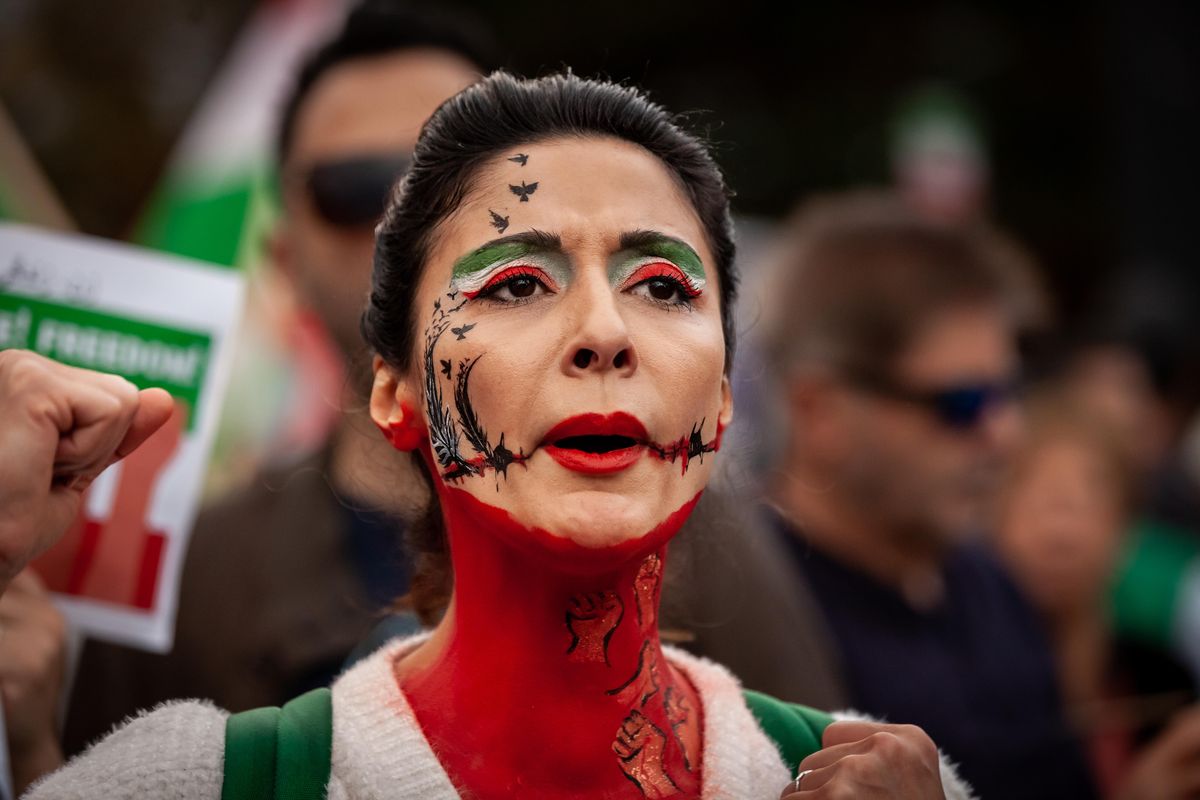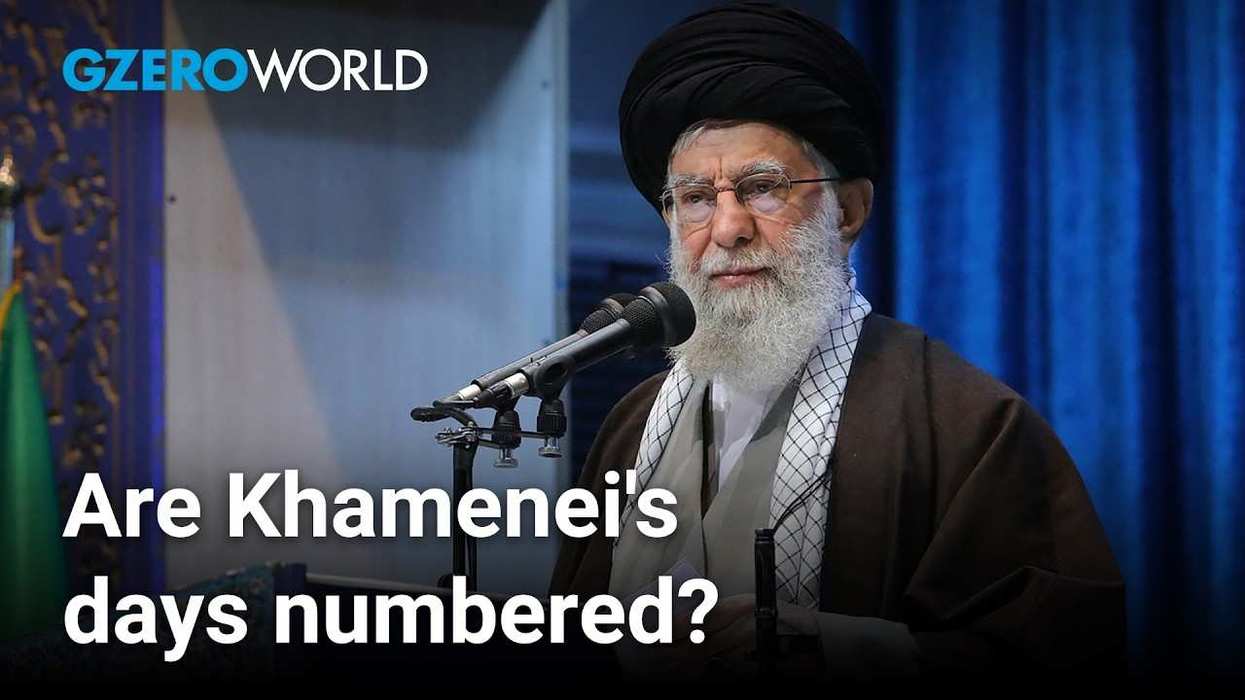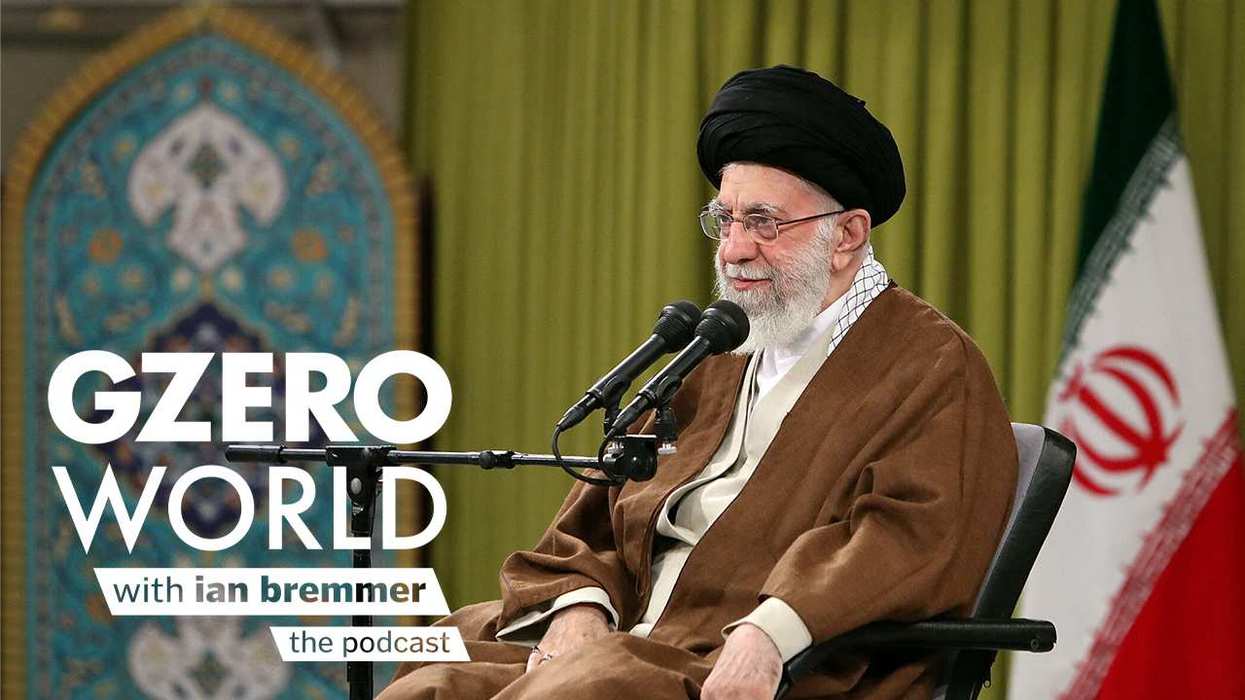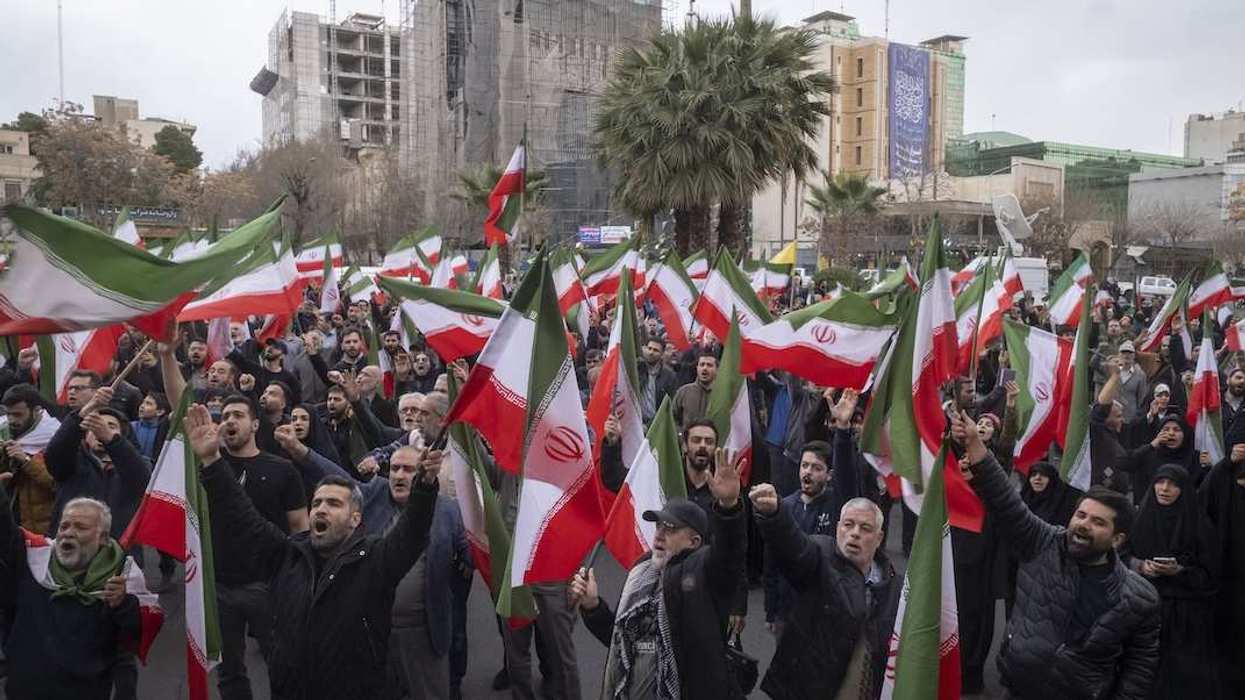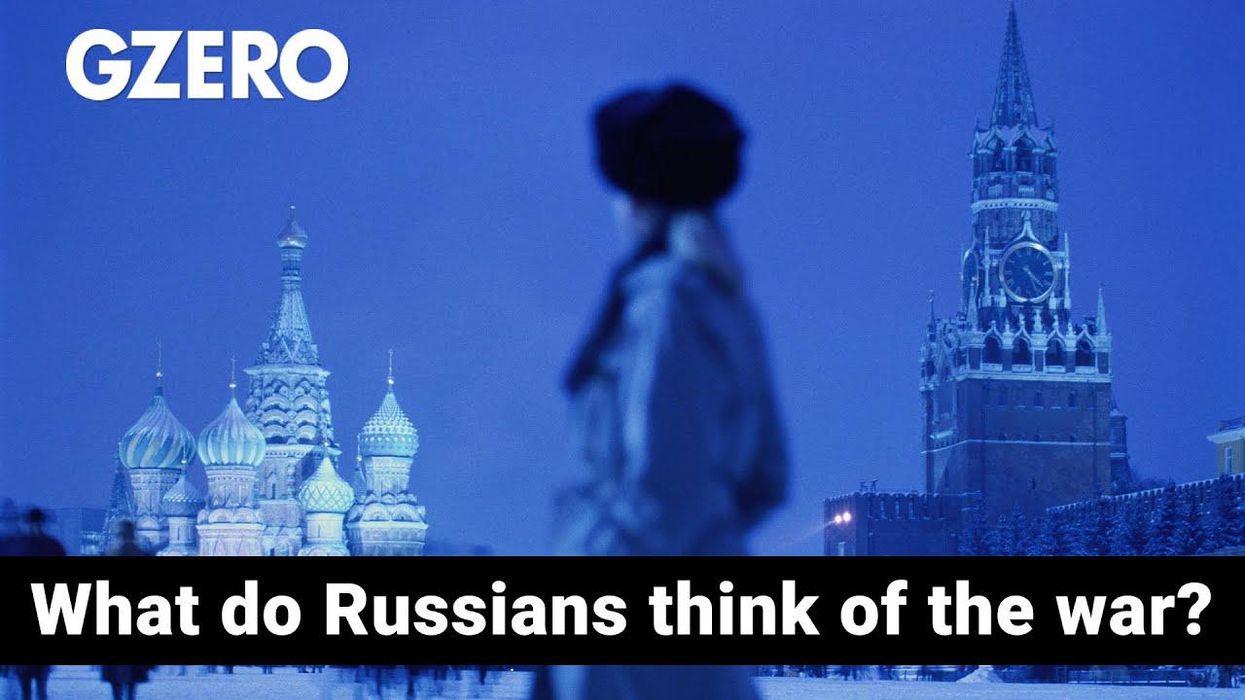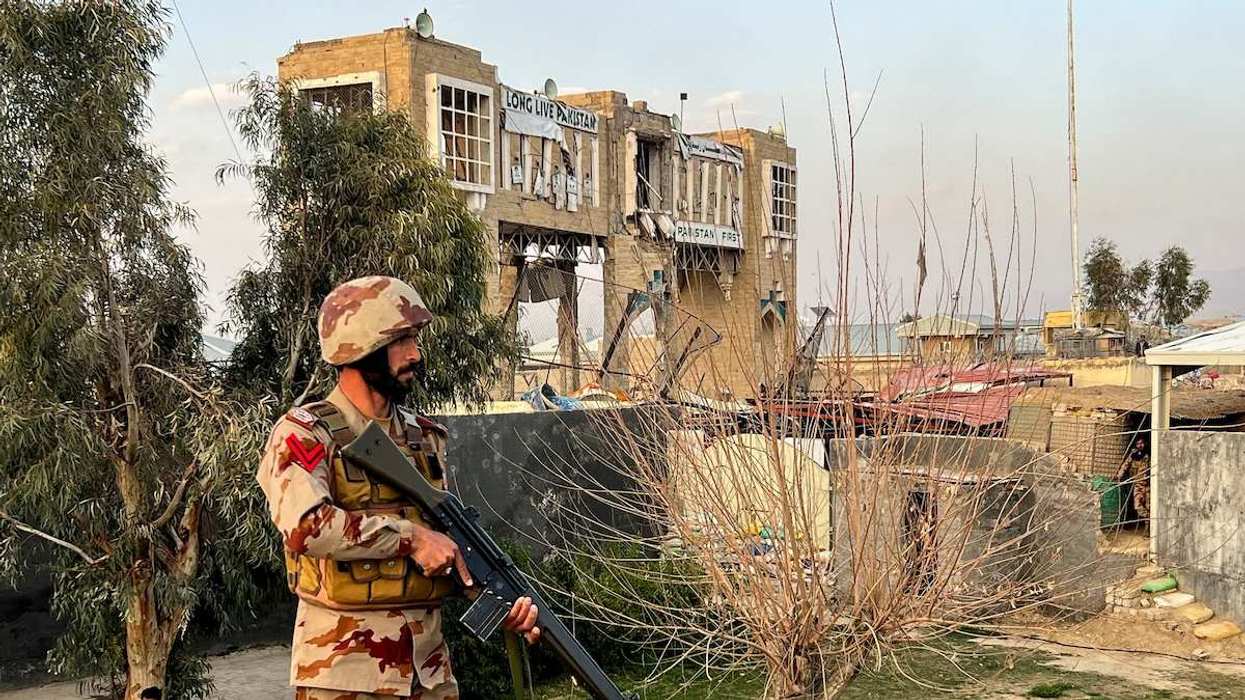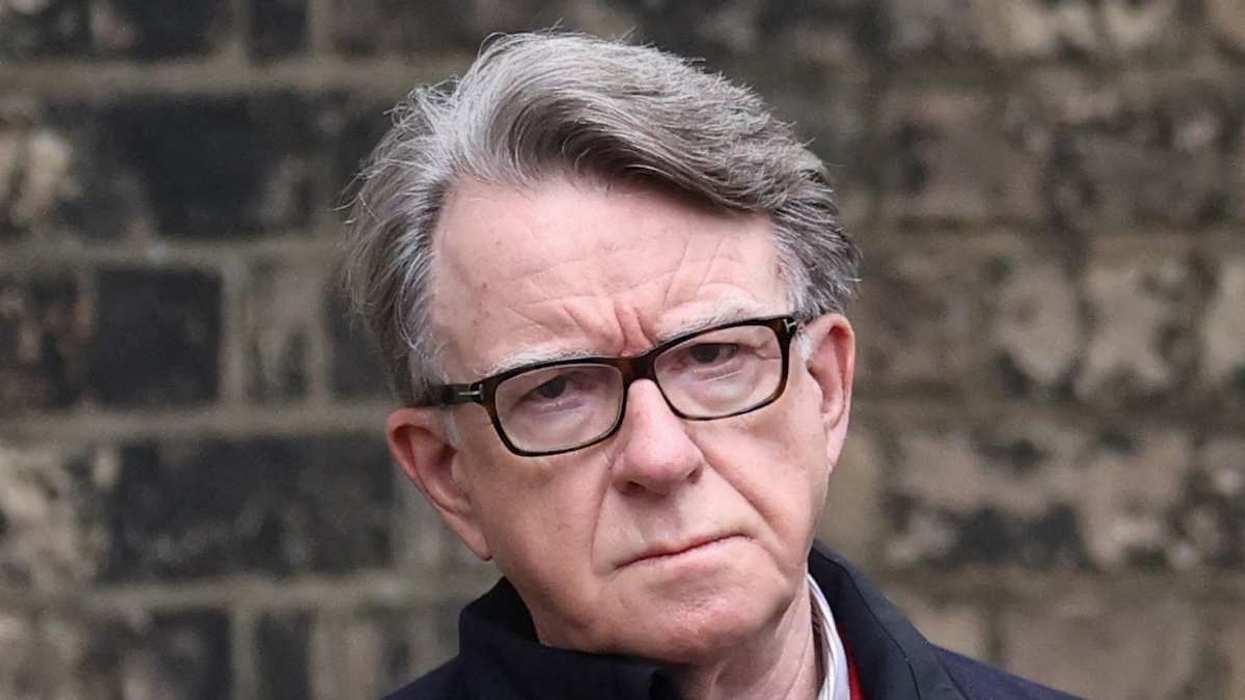The actions of Iranian protesters over the past two months – particularly women – have been awe-inspiring. Despite the prospect of incarceration, and worse, they’ve refused to kowtow to the bushy-eyebrowed mullahs calling the shots in the Islamic Republic. Fear of execution looms large, but Iranian women continue to abandon their headscarves and chant in the streets for regime change.
Things are only getting more dangerous after Iran’s parliament recently voted in favor of the death penalty for protesters. The first such sentences were handed down in recent days. Indeed, the stakes could not be higher, and yet hopeful Iranians continue to risk their lives.
As the government crackdown intensifies – there have been 300 deaths and 15,000 arrests to date – is the West doing enough to support the protesters in their bid for freedom?
Defying the despots. Iranians took to the streets in September in the aftermath of the in-custody death of Mahsa Amini, 22, who was arrested and reportedly beaten by Iran’s “morality police” for improperly donning her hijab.
Many young Iranians have died in custody over the past decade, but Amini’s story has galvanized a generation of millennial and Gen-Z women who have no recollection of the 1979 Islamic Revolution that brought down a corrupt Shah and have zero affinity for the mullahs who rule their lives.
As the human rights situation in Iran deteriorates, what’s the West doing about it?
Suit-clad politicians in Brussels and Washington have imparted all the right platitudes expressing support for Iran’s women-led movement.
More substantially, the US and EU, the UK, and Canada have expanded on Western sanctions in recent weeks – in place for the better part of a decade – aimed at stopping Iran from further developing its nuclear program. The Western alliance has sanctioned a host of officials from the Islamic Republican Guard Corps, a key unit of Iran's armed forces, as well as high-ranking government officials and regime loyalists.
These new measures come on top of long-term sanctions that have sought to cut Tehran off from the global financial system in hopes of strangling Iran’s most lucrative export – oil – and bringing the regime to its knees.
Still, while these established measures remain in place, the Biden administration has so far been unwilling to up the ante by implementing a cohesive strategy for further inflicting pain on the Iranian energy sector. Consider that in the fiscal year leading up to March 2023, Iran is expected to export 1.4 billion barrels per day, compared to around 500,000 bpd or less when former President Donald Trump was in the White House and enforced a “maximum pressure” campaign on Iran.
This suggests, analysts say, that the West, long trying to keep the dialogue open with Tehran in hopes of reviving the now-defunct nuclear deal, has overseen a lax enforcement system.
Many observers point to the latest developments in Ukraine as a case in point. Despite Western sanctions intended to stop Iran from developing its military-industrial complex, Iran has succeeded in building one of the world’s biggest drone fleets – and is supplying the Russians with thousands of sophisticated “killer drones” that the Kremlin is using to pummel Ukraine.
What’s more, debris from the battlefield suggests that Iranians have been able to rely on Chinese copies of Western parts to build their drone stockpile, while they’ve also acquired Western-made parts to power their drones. Clearly, Western sanctions haven’t had the intended effect of cutting Iran off and making it squirm. (To be sure, the EU has recently imposed sanctions on Iran drone makers, while the US sanctioned Iranian flight companies for helping transfer drones to Russia. Still, it comes after Iran had already developed one of the best arms games in the business.)
Moreover, that countries including China and the United Arab Emirates have had no qualms about flouting Western sanctions on Iranian energy exports suggests that the perceived cost of buying and selling Iranian oil has waned.
What more could be done? The US could sanction Iran’s drone program and increase the pace of its ad-hoc sanctions regime. What’s more, while hundreds of Russian diplomats have been expelled from Europe and the US, many Iranian dignitaries continue to get the royal treatment in global forums.
Looking ahead. The UN Human Rights Council says it will hold a special session to discuss Iran on Nov. 24. Meanwhile, the world's largest and most influential economies are currently gathering at the G-20 summit to talk about all things geopolitics. Will their response to Iran be united and stern? Don’t hold your breath.
This was featured in Signal, the daily politics newsletter of GZERO Media. For smart coverage of global affairs that normal people can understand, subscribe here.
